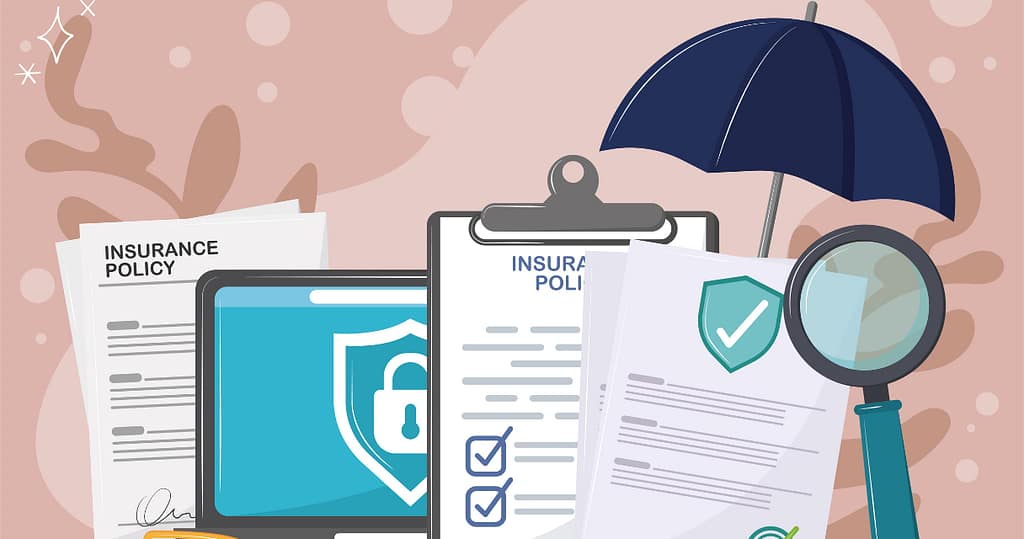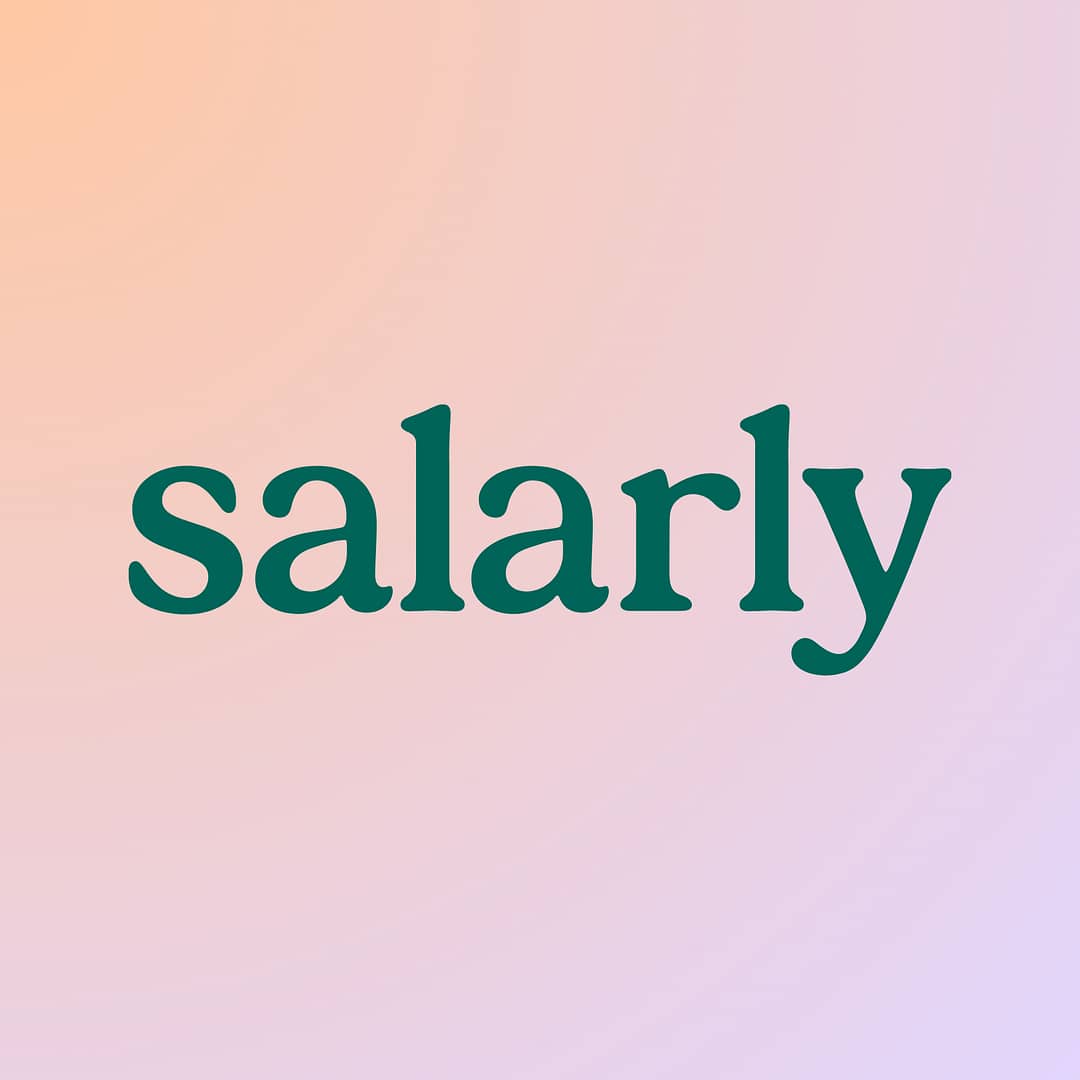Navigating insurance can feel like trying to read the fine print with blurry glasses. It’s complicated, but essential especially for busy professionals like nurses, educators, and government employees. The right coverage means peace of mind. The wrong coverage can lead to financial stress when life takes a turn.
So how do you know if you have enough health, life, and disability insurance? Let’s break it down.
Start With Health Insurance: Does It Fit Your Actual Needs?
Health insurance is often provided through your employer, but that does not mean it covers everything you might need. Ask yourself these questions:
- Are your co-pays and deductibles manageable within your budget?
- Do you have access to doctors and specialists in your area?
- Does your plan include mental health care, prescriptions, and emergency services?
If you often avoid appointments or delay treatment due to cost, your plan may not be meeting your needs. Compare your current plan with alternatives during open enrollment. You might find better value or more comprehensive options through a spouse’s plan or even your state’s healthcare marketplace.
Life Insurance: Protecting Loved Ones Financially
If you have dependents who rely on your income, life insurance is not optional. It’s a vital tool that can:
- Replace lost income
- Cover funeral expenses
- Support your children’s future education
Employer-sponsored life insurance is a good start but often limited. It might offer coverage equal to one or two times your annual salary. For most families, that is not enough. A personal term life policy can fill the gap and is often more affordable than you think.
Disability Insurance: The Most Overlooked Coverage
What if an illness or injury prevents you from working? That is where disability insurance steps in. It can replace a portion of your income if you cannot perform your job. There are two types to consider:
- Short-term disability: Covers temporary conditions like surgery recovery or maternity leave.
- Long-term disability: Covers more serious injuries or illnesses that keep you out of work for months or even years.
Many professionals skip this insurance, assuming workers’ compensation will help. But workers’ comp only applies to job-related injuries. Disability insurance covers you even if the issue happens off the clock.
Quick Coverage Checklist
Ask yourself:
- If I get sick tomorrow, will I be able to afford care?
- If I pass away unexpectedly, will my family be financially secure?
- If I am out of work for 6 months, how will I pay my bills?
If any of these questions make you pause, it might be time to reevaluate your insurance coverage.
Building Financial Confidence with Salarly
Having the right insurance is one part of feeling secure. Another part is knowing you can handle life’s financial curveballs without derailing your progress. That’s where Salarly comes in.
We help professionals build confidence in their finances. Whether you’re managing everyday expenses, preparing for the unexpected, or trying to pay off debt, Salarly provides fair payroll-linked financial support that fits your lifestyle. It’s quick, responsible, and aligned with your paycheck. So you can focus on your well-being without turning to high-cost alternatives.
Financial peace of mind means having the right tools in place, both for today and tomorrow. Insurance is one piece. Smart, structured support is another.
FAQs: Do You Have Enough Insurance?
What’s the difference between short-term and long-term disability insurance?
The difference between short and long term disability insurance is that short-term covers temporary issues like injuries or maternity leave. Long-term kicks in for more serious or lasting conditions. Both are important and serve different roles in your safety net.
How much life insurance should I have?
A common rule for how much life insurance one should have is to aim for 5 to 10 times your annual income, especially if you have dependents. You can adjust based on debt, lifestyle, and future goals like college funds.
What to do if I can’t afford my insurance premiums?
If you are having financial difficulties, consider setting aside part of your budget towards insurance premiums and utilizing Salarly loans to help cover other expenses. Salarly loans are tailored to your specific needs and paycheck, as well as everything is automated, so you don’t have to stress about it. You just set it and forget it.











